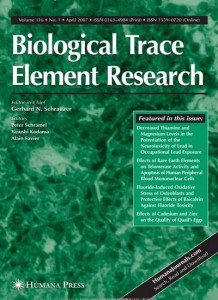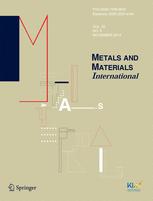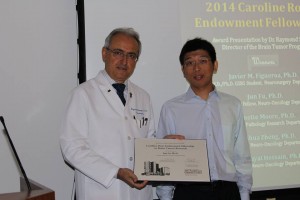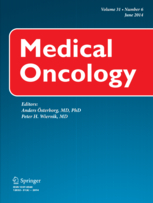 A paper in Physical Review Letters has been retracted for “overlap” with two other previously published papers.
A paper in Physical Review Letters has been retracted for “overlap” with two other previously published papers.
The notice isn’t available online yet, so we got in touch with American Physical Society (APS) editorial director Dan Kulp for more information. Here’s what he told us about “Anomalous melting scenario of the two-dimensional core-softened system”: Continue reading Physics paper sinks amid accusations of unacceptable “overlap”







